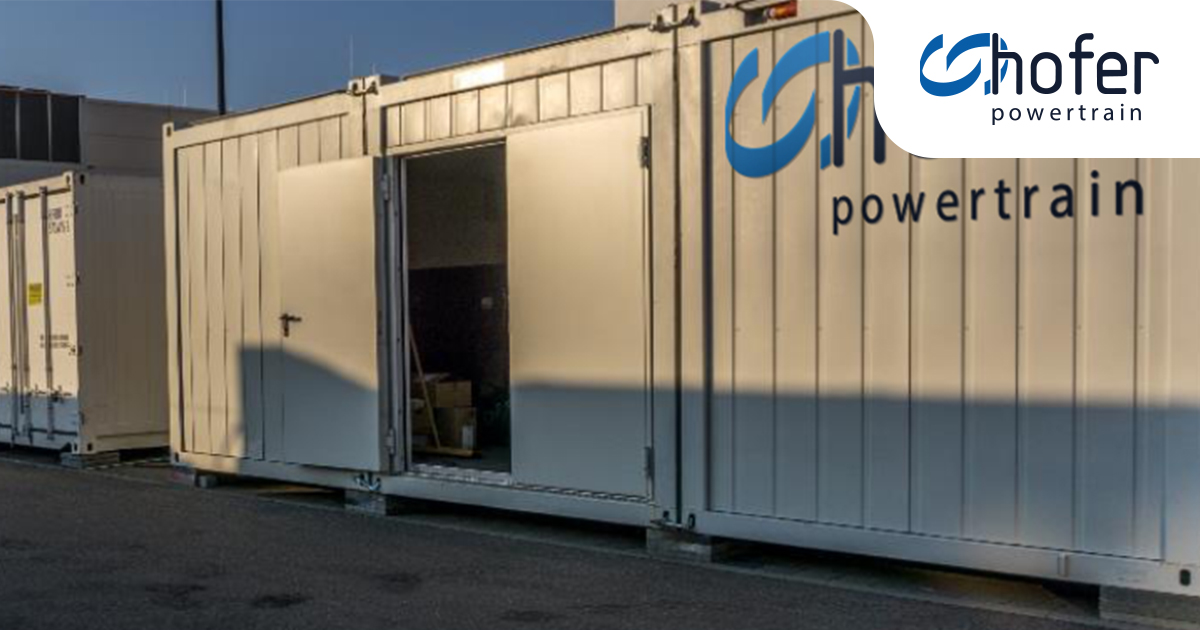With over 35 years of experience we specialize in plugs and adapters for all powertrains
Based on your requirements, all components are aligned and adapted to each other, considering available installation space. We modify our components to suit your concepts or build unique, customized solutions. In every integration process, close consideration is given to NVH issues, playing a significant role, especially in electrified vehicles.
Electrical integration covers the adjustment of the CAN bus protocols and software allocation to the various controllers as well as the inspection of the CAN bus, controller loads, battery capacity, cooling systems, inverter, and e-machine.
The entire spectrum of important elements such as wiring harnesses, charging units, air conditioning compressors, and auxiliary heaters are highly integrated, achieving optimal systems' functionality.

The driving impression of the vehicle is mostly determined by the calibration of the various parameters in the functional software. The deep understanding of the mechanical and electrical processes in the powertrain, as well as the knowledge of the function and software development, allows us a fast and safe calibration of the relevant parameters. The calibration is supported by the close cooperation between the numerical simulation of the vehicle and the applicators in the vehicle. The evaluation of the calibration takes place by measured key figures but substantially also by subjective assessment, which is always adjusted to the customer.

One of our strengths is the complex synchronisation of the entire system's components, resulting in a unique driving experience. Coordination and control of single modules require advanced software to ensure seamless interaction between the driver, the control systems, and the powertrain. It includes torque vectoring functions, which have an enormous impact on driving behavior, control, and driving safety. For ultimate driving safety, professional drivers test your vehicles in a variety of conditions. These tests provide valuable insights into the handling and functional stability of vehicles' software, hardware, and powertrain and allow for continuous improvement of our software.

Integration of sub-systems within the system requires understanding the thermal performance at early stages and throughout the design cycle, which helps capture the overall energy distribution for optimized balancing of all attributes. Electric systems are evolving fast, and different materials need to be considered to achieve successful integration and reach best-in-class thermal performance.






